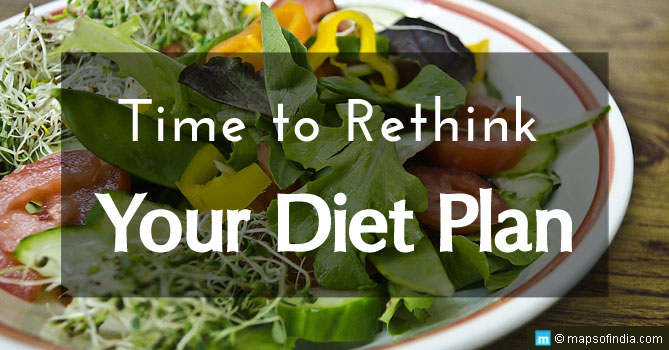The gluten-free diet has become popular amongst fitness freaks and individuals who are conscious about their dieting habits. Gluten is a type of protein, which is also known as prolamin. It is usually found in wheat, barley, rye, bread, pasta, noodles, etc. Gluten intolerant individuals generally choose a gluten-free diet. The elasticity found in the dough of bread and noodles is because of the gluten. It helps the dough to be shaped in any form and the textures seen in them.
Individuals who go for gluten-free diets choose the same grains, but they are made without gluten, such as gluten-free oats. However, a gluten-free diet is not a choice; instead, they are bound to follow it due to certain medical conditions.
Diseases that require a gluten-free diet as a part of the treatment:
- Celiac Disease – This is an autoimmune disease where gluten reacts immediately with the individual’s body with the disease. If consumption of gluten products is not stopped, it can cause severe damage to the small intestine.
- Wheat Allergy – This is a condition where individuals may not be gluten intolerant but have a similar situation. Individuals with wheat allergies cannot tolerate wheat.
Following are a few symptoms of Gluten Intolerance:
- Diarrhoea
- Constipation
- Inflammation
- Fatigue
- Headache
- Weight loss
Gluten-Free food labelling
Gluten-free foods contain labels mentioning them. However, it can be still very challenging to say how gluten-free it is because there are no possible ways of testing it. To label a product as gluten-free, it must not contain more than 20 parts per million of gluten. This rule was created by the “United States Food and Drug Administration” (FDA) during the year 2013.
A few benefits of Gluten-Free Product:
- Helps improve digestion
- Helps in weight-loss
- Reduces Inflammation
Some disadvantages of gluten-free food:
- Gluten-free foods usually lack fibre which can cause weakness in an individual
- Gluten-free foods can sometimes also contribute to weight gaining
- All products which claim to be gluten-free may not be gluten-free
- Gluten-free foods also lack many essential nutrients required for the body
Alternative food options instead of gluten products include:
- Chia seeds
- Quinoa
- Soy
- Potato
- Beans
- Gluten-free oats
- Arrowroot
- Millet
- Corn
Going for a gluten-free diet without an expert can be risky in terms of an individual’s health. Completely removing carbohydrates from your diet can make you fall sick, cause a lack of energy and make your immune system weak. Therefore, it is advised to consult a specialist before going for gluten-free diets or gluten-free products.





